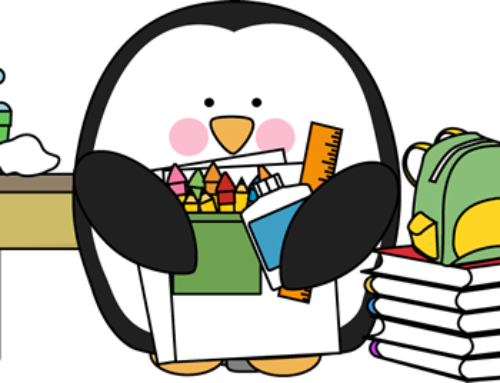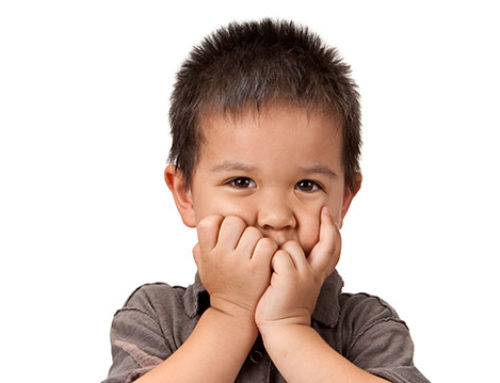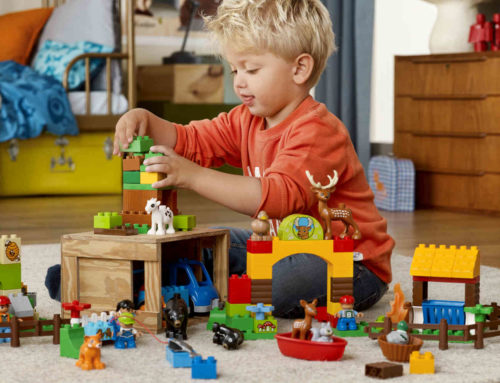There are lots of words that children need to know before they start preschool or school. To help them get off to a good start we often make an effort at home to highlight certain words or helpful phrases. We stress the importance of “please” and “thank you”. We practise asking questions (What’s your name?) and giving answers (My name is Tom). We try our best to prepare our children to be confident and assertive (Stop. I don’t like it.).
Whilst all of these words are incredibly important and powerful, there are some others that are essential for your child to know in order to succeed at school. These words are what we call “Basic Concepts”.
What kinds of words are basic concepts?
- Colours – red, blue, green
- Shapes – round, square
- Sizes – big, little
- Directions – through, around
- Quantities – few, many
- Sequences – first, last
- Textures – rough, smooth
- Characteristics – old, new
- Social/ emotional states – happy, sad
- Time – late, early
- Locations/ Positions – front, behind, bottom, on top
Why are they important?
Basic Concepts are ultimately the foundation of a child’s education. They often occur in pairs and tend to be opposites (although not always, e.g. colours and shapes). For example, a child needs to understand both hot and cold in order to understand temperature.
Basic concepts are used every single day- in our questions, instructions and conversations. Just in case you think I’m being a tad dramatic, consider this fairly typical conversation a teacher might have with the class at the beginning of the day…
First, I’d like everyone to put their homework in the green basket on the shelf next to the window. If you have a lunch order make sure you put it in the red crate by the door. If you have your money for the excursion put it in the small blue box under my desk. Then come and sit down in a circle on the mat and wait quietly for me.
In this instance the child needs to be able to understand each of the 18 occasions a basic concept was used in order to succeed in the first 5 minutes of the day!
The top 20 pairs of basic concepts…
A child’s knowledge of basic concepts has been shown to directly relate to their performance in school. After all, these are the words that underpin success in reading, writing and maths. When a group of over 200 preschool and kindergarten teachers were asked which basic concepts they felt it was most important for children to know, the results consistently pointed to the following…
- In/Out
- Big/Little
- Up/Down
- Happy/Sad
- On/Off
- Top/Bottom
- First/Last
- Open/Closed
- Loud/Soft (Noisy/Quiet)
- Hot/Cold
- Fast/Slow
- Before/After
- Hard/Soft
- New/Old
- Empty/Full
- Behind/In Front
- Outside/Inside
- Asleep/Awake
- Middle (no specific opposite)
- Between (no specific opposite)
How can you help your child learn these basic concepts?
You don’t need any apps, fancy flash cards or educational games. All you need to do is talk to your child!
Talk about what you are doing now and what you would like to do in the future. Talk about things that have gone wrong and why. You can continue this by discussing how you might do it differently next time. Talk about feelings and what your child likes and dislikes.
Talk about the ways things look and feel. The best way for your child to learn is to hear you model words (e.g. descriptive words such as smooth, shiny, fluffy) while they can see and feel what you are talking about. This helps them to consolidate their understanding of the word and store it as part of their vocabulary for later use.
The other important thing to remember is to try and say things in different ways. For example, although it is important for children to learn big/little, once they have ticked that pair off the list it is important to expose them to new size words such as huge/tiny or enormous/ miniscule.
When talking about positions and locations use specific words instead of the generic here and there. For example, if your child calls out “Where’s my bag?”, instead of calling back with “It’s in here” or pointing and saying, “It’s right there!”, tell them exactly where it is (e.g. “Have you checked under the table?”, “It’s on the floor”, “It’s next to the front door”).
Many of us speak with our hands and don’t even realise it. Sometimes children who don’t really understand a concept are able to “fake it” by following our hand gestures or reading other body language cues instead. To combat this try not to use hand gestures or pointing all the time so you can check whether your child can follow the instructions etc without the additional support. If you find that your child doesn’t understand, it is important to incorporate the hand gestures and pointing again, but make sure you stress the words as well so that your child can put two and two together.
Read books and sing songs and point out and discuss the concepts. You can make it into a game by taking turns saying the opposite and waiting for the other person to correct you (e.g., “Incy wincy spider went down the water spout” or “Once upon a time there was a girl called Goldilocks. She had short black spikey hair”).
Remember…
When it comes to deciding whether your child is ready for school, there are many important factors to take into account such as their physical, social and emotional skills and readiness. A sound knowledge of basic concepts is yet another piece of the school readiness puzzle that should not be overlooked. Basic concepts are common but very important words that children need to know in order to succeed in the classroom and beyond!
Don’t forget to Like Modern Speechie on Facebook for more information and tips to help children be the best communicators they can be!






